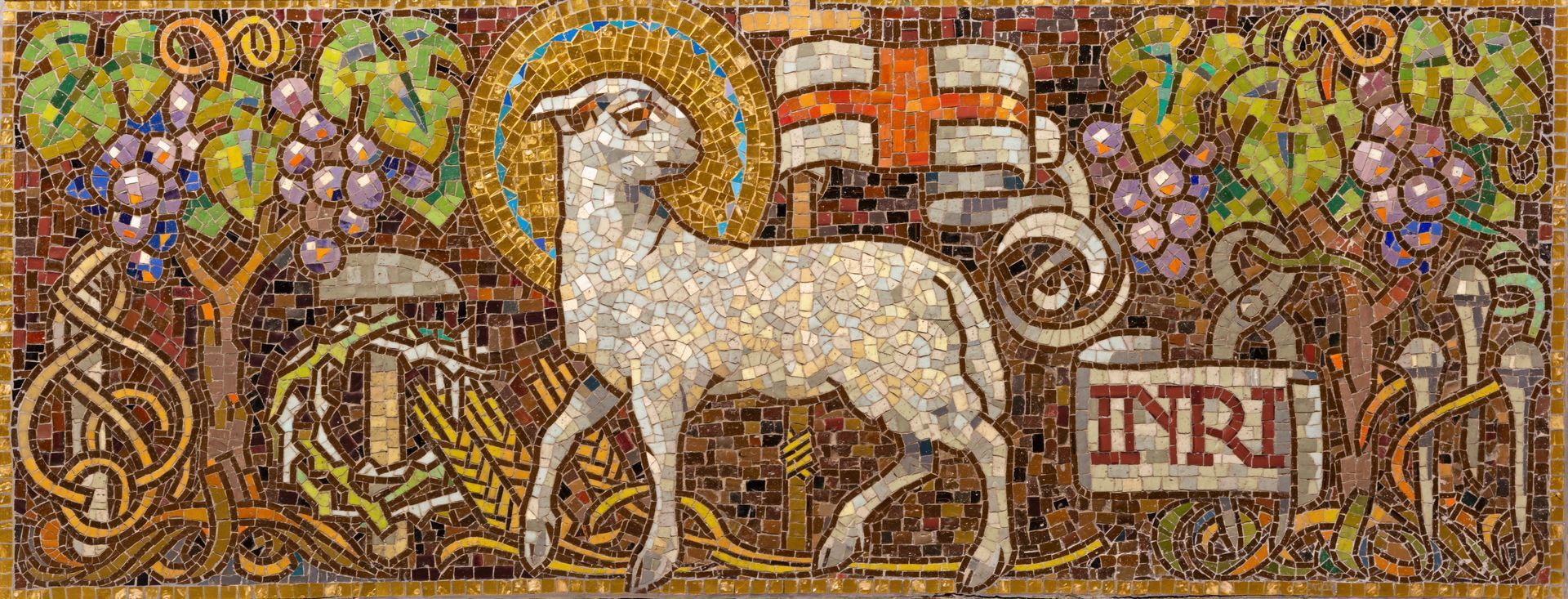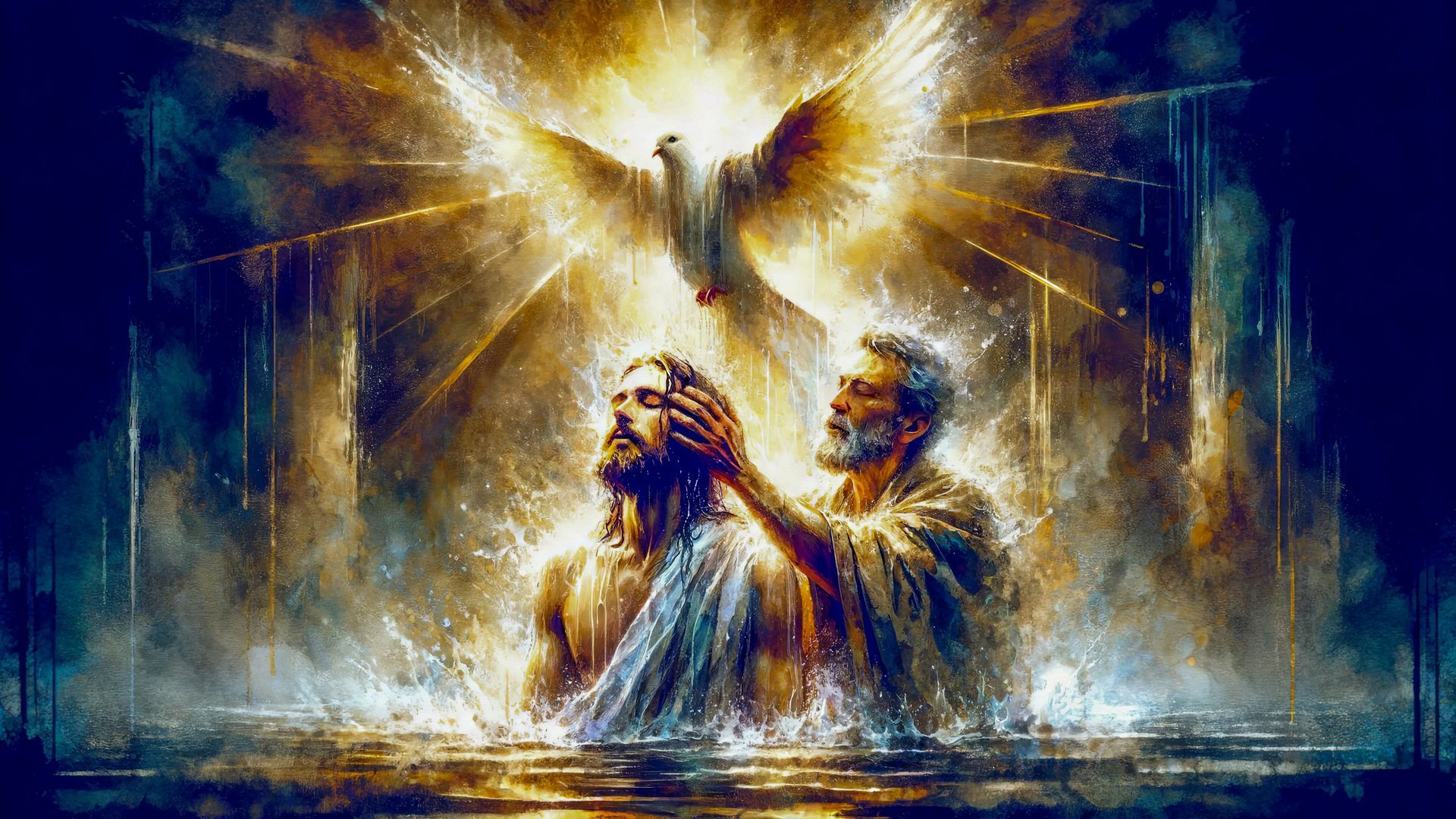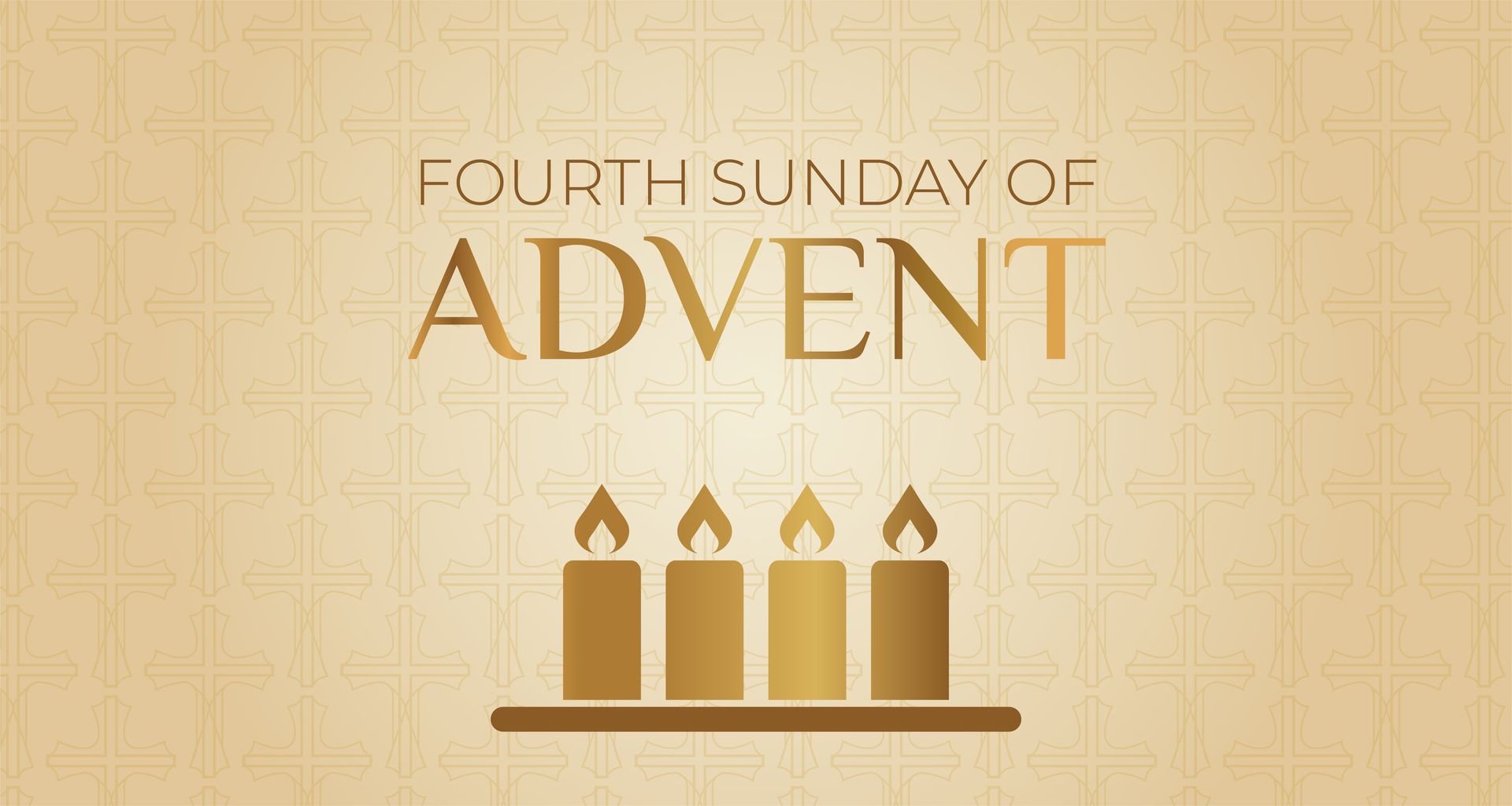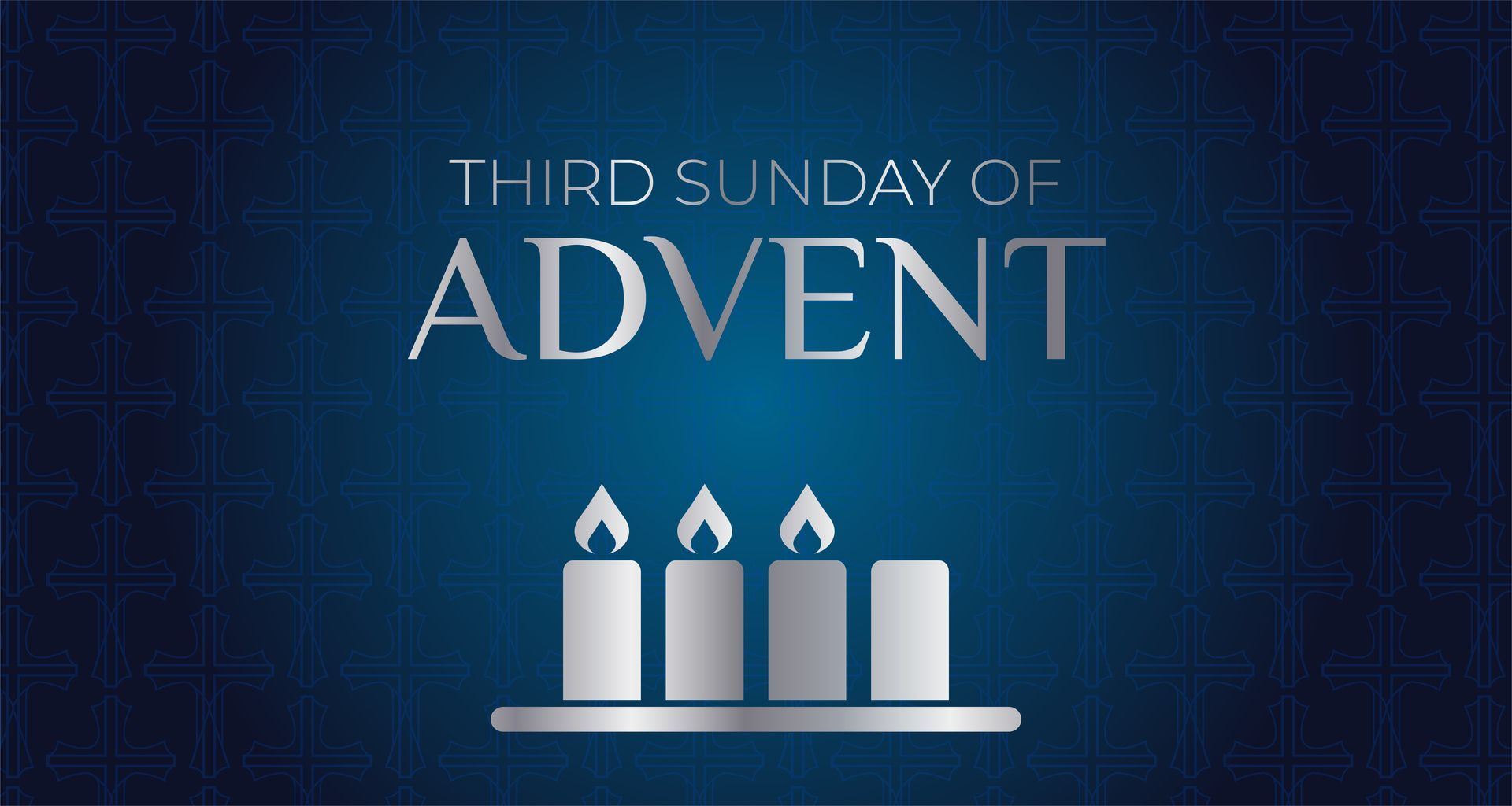With Opened Bible
Master of History and Time

“In those days afer that tribulation.” (Mark 13:24)
The first verses of the first reading and this Sunday's Gospel encourage us to reflect on the spiritual value of time in the Bible.
In the Holy Scriptures, time is not subject to fate or caprice. It is under the sovereign control of God and his divine plan. For us humans, time has the value of measure and duration. For God, it can mean the fixed moment for realizing a project or an event.
Thus, we have in Isaiah 26:1, "On that day this song shall be sung in the land of Judah: "A strong city have us; he sets up the victory as our walls and ramparts." It is the fixed time for the recognition of divine glory in Jerusalem.
The prophet Daniel, who was a visionary, declared in his book: "In those days, I, Daniel, heard this word of the Lord." (Daniel 12:1). This verse highlights the aspect of time about the duration of the prophet's prayer and what was revealed to him. (See also Daniel 2:8) In Jeremiah, this idea of time signifies the moment God chose to accomplish his vengeance: "Slay all the oxen, take them down to the slaughter; Woe to them! Their day has come, the time of their punishment. (Jeremiah 50:27) Alongside this time of vengeance, there is also the time set by God to reward the righteous: "But your wrath has come, and the time for the dead to be judged, and to recompense your servants, the prophets, and the holy ones and those who fear your name." (Revelation 11:18)
In the New Testament, especially with Jesus, the notion of time is similar to the hour. At the wedding at Cana, Jesus refers to his hour: "Woman, how does your concern affect me? My hour has not yet come." (John 2:4). In doing so, he proclaims that there will be a fixed time for him to pour out the new wine, that is, the sacrifice of Calvary. (John 19:34)
In Luke 21:24 we also have "the time of the nations". In the Bible, nations with an "S" (plural) means 'foreigners, pagans who do not yet have access to the truth of Jesus.' Their time signifies the duration of the events that will trigger the preparations for the second coming of Christ.
But Jesus and Daniel, in the readings of this Sunday, allow us to glimpse what will happen at the end in preparation for the coming of the Messiah. These past events, like those of today, are an invitation to reflect on the unfolding of world history and make the necessary decision to face it. For our God is "the Master of History and tme" (Cf. Daniel 2:20)
These words recall the end of the liturgical year. Our salvaton is at hand. Jesus, in his victory, conquers the world and all its false promises, bringing us hope and reassurance.













